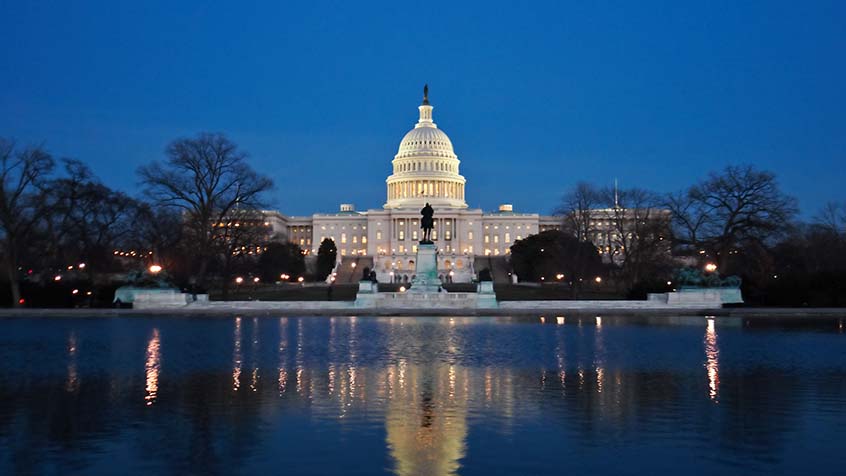Join Us Live for a Discussion on Medicare, Democracy, and the Future of Health Care
House Republicans Propose Steep Cuts to Essential Health Care Programs

The budget proposal approved this week by the U.S. House of Representatives Budget Committee is predicted to balance the federal budget in nine years, largely through across-the-board reductions in spending. One exception to these cuts is an increase of $90 billion dollars in defense spending.
The proposed changes to the health care system are profound–repealing the Affordable Care Act, block-granting the Medicaid program, and partially privatizing the Medicare program through premium support. Under premium support proposals, the federal government would give Medicare beneficiaries a subsidy to purchase private health insurance.
Critics of premium support caution that privatizing Medicare would significantly increase costs for beneficiaries and weaken the Medicare program. The subsidy made available to people with Medicare purchase insurance may not keep up with the cost of coverage.
The viability of traditional Medicare may also be at stake as younger, healthier people would be more likely to opt for private health plans, leaving older, sicker beneficiaries in traditional Medicare. Higher health costs among the remaining population could lead to unaffordable premium hikes.
In addition to privatizing Medicare the budget would also consolidate Medicare Parts A and B and leave in place the sequester cuts instituted in 2011, which reduced payments to Medicare providers.
Show Comments
We welcome thoughtful, respectful discussion on our website. To maintain a safe and constructive environment, comments that include profanity or violent, threatening language will be hidden. We may ban commentors who repeatedly cross these guidelines.
Help Us Protect & Strengthen Medicare
Donate today and make a lasting impact
More than 67 million people rely on Medicare—but many still face barriers to the care they need. With your support, we provide free, unbiased help to people navigating Medicare and work across the country with federal and state advocates to protect Medicare’s future and address the needs of those it serves.
The Latest
Most Read
Add Medicare to Your Inbox
Sign up to receive Medicare news, policy developments, and other useful updates from the Medicare Rights.
View this profile on InstagramMedicare Rights Center (@medicarerights) • Instagram photos and videos









